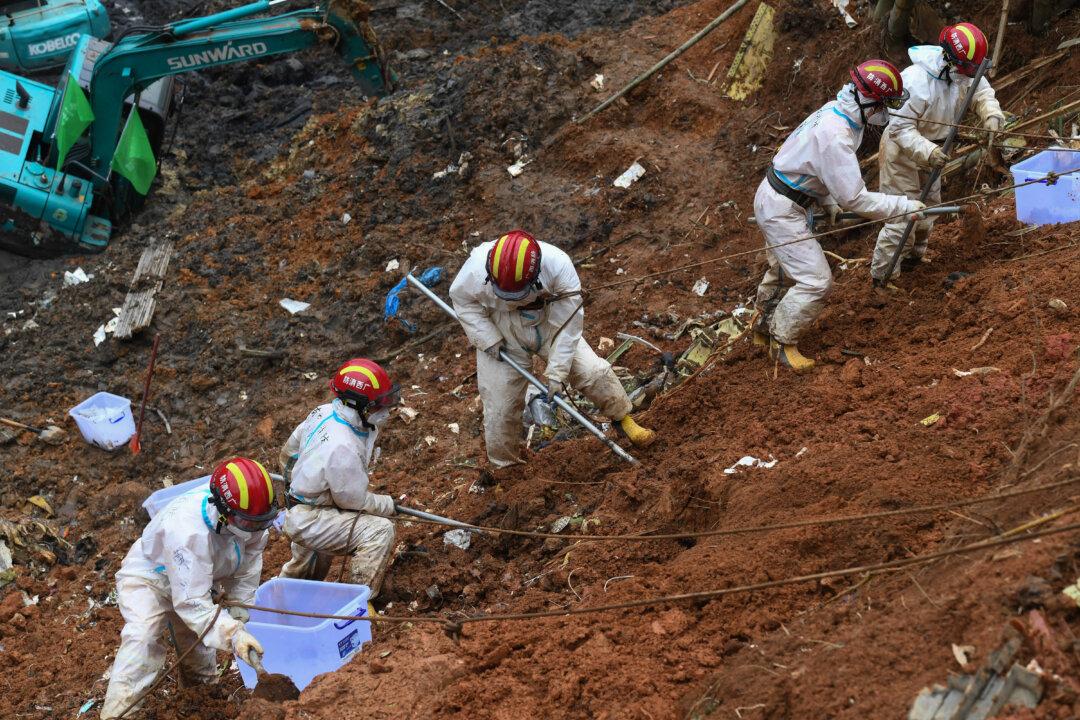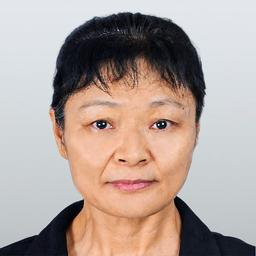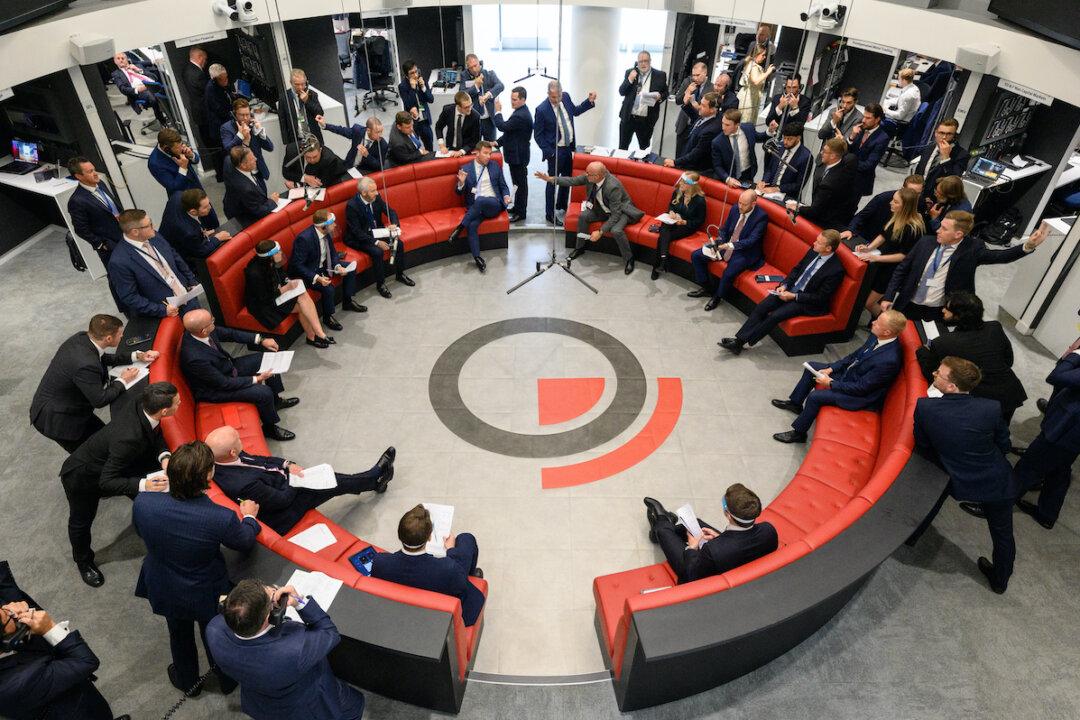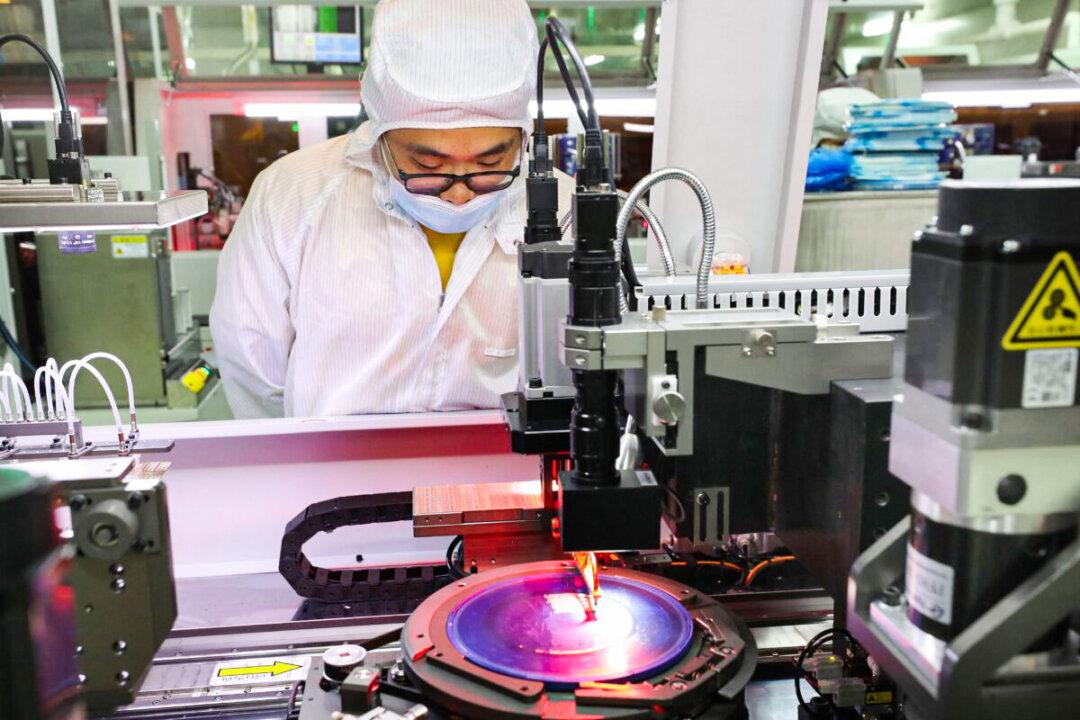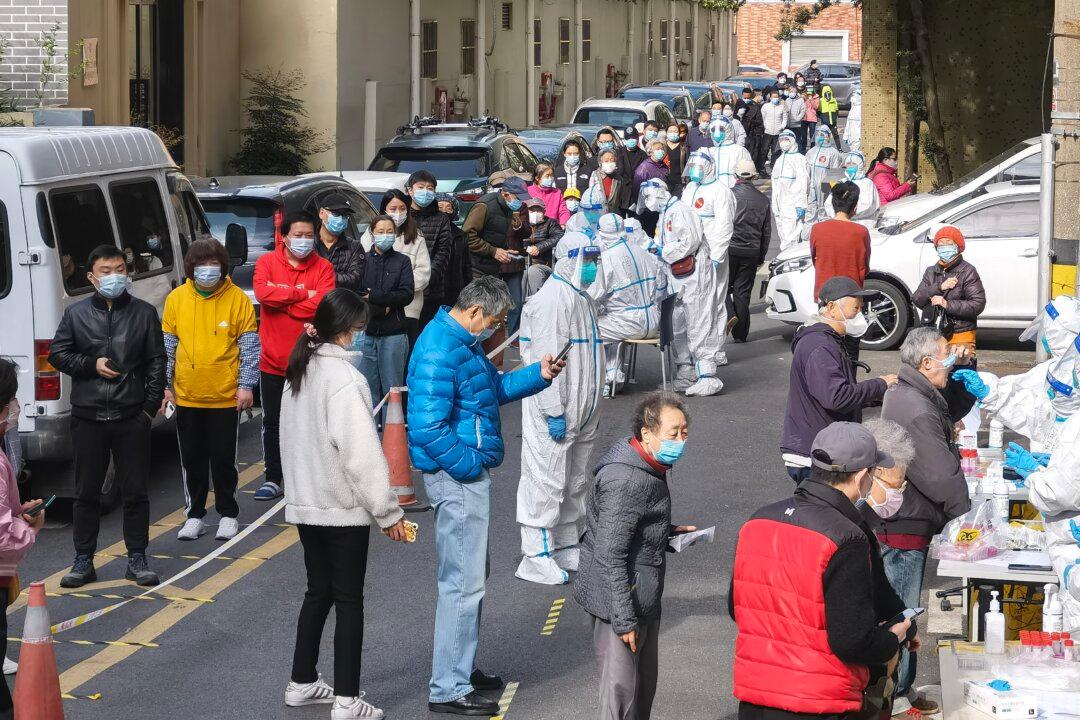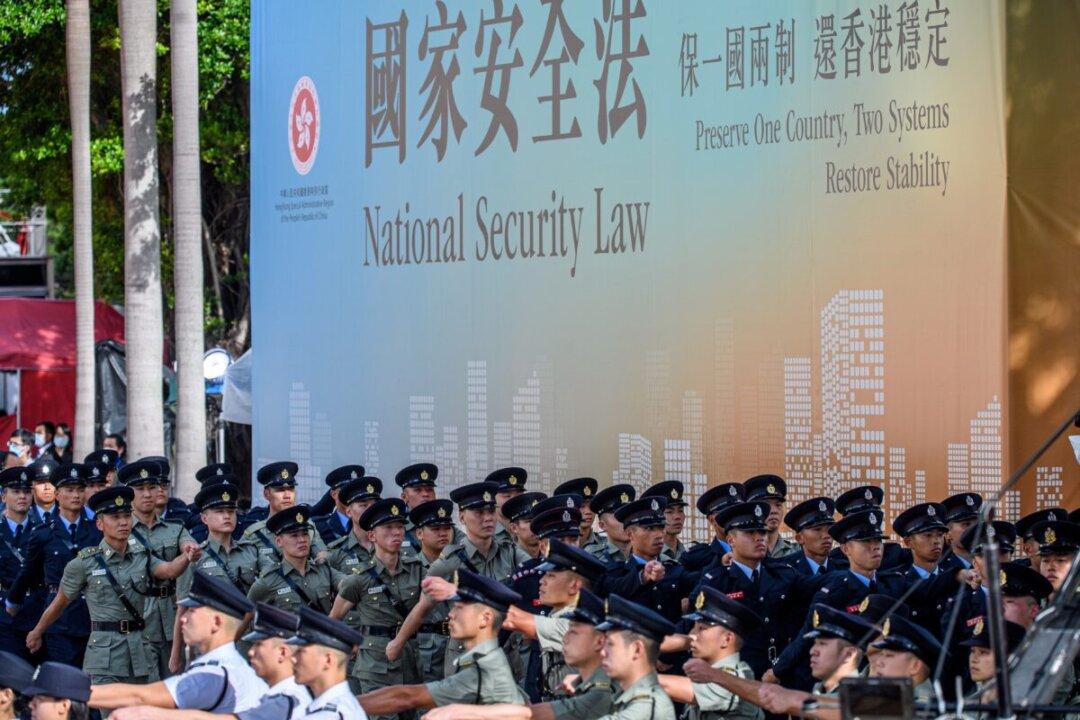New Analysis
A plane crash in China that is believed to have killed all 132 people onboard has baffled aviation experts as many struggled to explain the Boeing 737’s sudden nosedive into the ground. Given Beijing’s history of non-transparent disclosure, The Epoch Times interviewed a senior Chinese-American pilot with extensive experience flying the Boeing 737, who has given a unique take on the incident.
